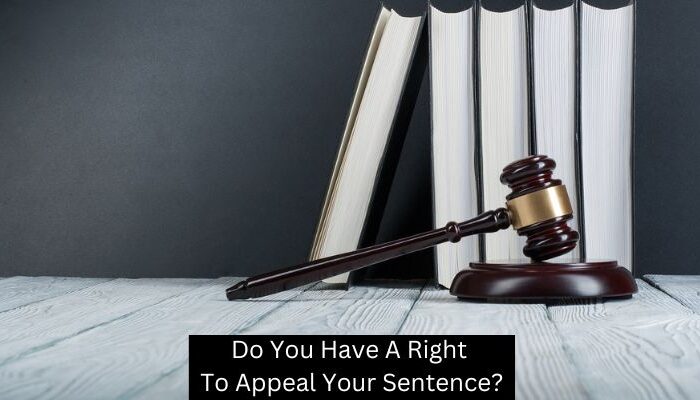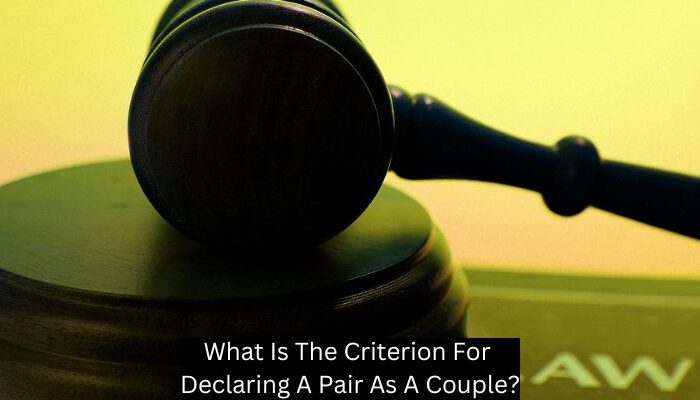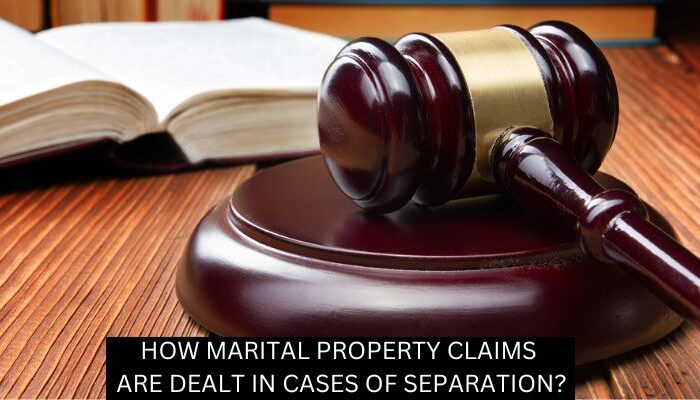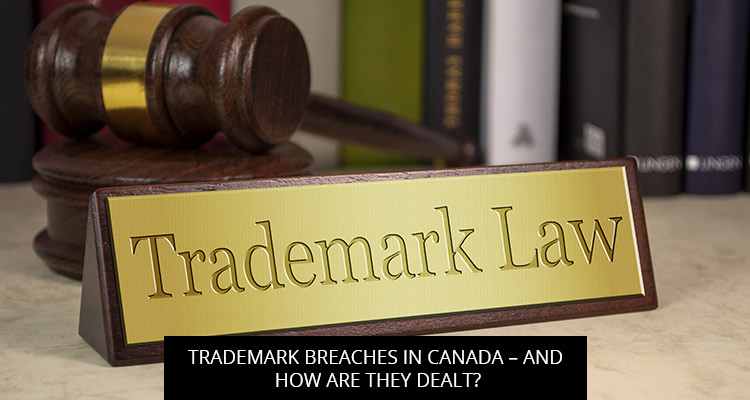
Trademark law in Canada is governed by the Canadian Trademarks Act. This Act provides a legal framework for the registration and protection of trademarks in Canada.
Registration Of Trademarks
The registration of a trademark in Canada provides the owner with exclusive rights to use the trademark in association with the goods or services specified in the registration. The registration also allows the owner to prevent others from using a confusingly similar trademark in the same or similar market.
But, What About Non-Registered Trademarks?
In addition to registration, Canadian trademark law also provides protection for unregistered trademarks, known as common law trademarks. These trademarks can arise through use in association with specific goods or services, and can be enforced through legal action if someone else attempts to use a confusingly similar trademark in the same market.
Trademark Breaches – What To Do?
A breach of trademark in Canada can occur when someone uses a trademark without the owner’s permission or in a way that creates confusion with the owner’s products or services. This can include using a trademark that is identical or similar to a registered trademark in association with goods or services that are related to the registered trademark.
If you believe that someone has breached your trademark in Canada, you may be able to take legal action to protect your rights. This can include seeking a court injunction to stop the infringing use of the trademark, or pursuing damages for any harm that you have suffered as a result of the infringement.
THE CASE OF THE SUBWAY V. BUDWAY, CANNABIS & WELLNESS STORE
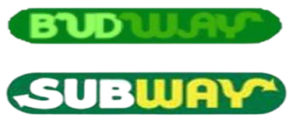
Today’s blog post will discuss the case of Subway IP LLC v. Budway, Cannabis & Wellness Store which will articulate how the infringement of a trademark is assessed by the courts.
The applicant in the instant case is Subway IP LLC, possessing Canadian registered trademark which was used in affiliation with SUBWAY- multinational sandwich restaurant franchise. The Subway IP LLC admonished the respondents, the Budway Enterprises on the Budway’s logo which they were using in association with a cannabis retail store named Cannabis & Wellness Store.
In Subway IP LLC v. Budway, Cannabis & Wellness Store, the Federal Court of Canada sustained the arguments of Subway IP LLC and Budway was ordered to pay an amount of $15,000 as damages and an injunction was also put in place against them.
Breach Of A Trademark Right Explained
The claim of Subway sustained by virtue of section 20 of the Trademarks Act which excludes every non-entitled person from the use of the registered trademark. The court ruled that the respondent’s use of trademark represents the tort of passing off under Paragraph 7(b) of the Trademarks Act.
The court explained that a breach of a trademark right is committed when:
- The exclusive right of the trademark’s owner is infringed
- By infringement of an exclusive right to use of a trademark, it is meant that a confusing or a similar trademark is used in making sale, distribution, or advertisements of goods or services.
- By confusing, it is meant that two trademarks are used in the same area and the use of a previously established trademark and the other trademark most likely draws an implication that goods or services associated with those trademarks belong to an identical owner.
How To Determine The Question Of Confusion In Trademark Infringement Cases?
In Subway IP LLC v. Budway, Cannabis & Wellness Store, the court set out certain factors that help in addressing the question of confusion between two trademarks.
- The individuality of both trademarks
- The goods or services being sold under the trademarks
- The total time period of both trademarks in use
- The extent of similarity between both trademarks
Application Of The Factors
Hence, considering the extent of resemblance the court opined that Budway’s trademark strongly duplicates Subway’s trademark along with resemblance in pronunciation.
As far as the time period was concerned, Subway’s trademark has been registered way back and been in use for many years.
Moreover, it was apparent from the logo of Budway that they picked distinctive elements of Subway IP LLC i.e. the use of letters “U, W, and A” pointing towards left and letter “Y” pointed right. Lastly, a duplication was also found in the nature of trade as respondent’s trademark operated at a retail level.
Passing Off By The Respondent
The respondent’s action also amounted to passing off. In order to prove passing off, it is essential to demonstrate the following:
- The presence of a goodwill
- The trademark has been misrepresented by the respondent
- An actual loss or damage needs to showed
- The claimant’s possession of a lawful registered or unregistered trademark.
Protect Your Trademark!
The Canadian legal system places a strong emphasis on protecting intellectual property rights, including trademarks, and there have been many cases over the years that have helped to establish the legal framework for trademark protection in the country.
We Can Guide You!
If you require assistance with any trademark issue, get in touch with the lawyers at Ayaz Mehdi Professional Corporation for professional legal advice specific to your situation.
Disclaimer: Kindly note that sending or receiving information through this site does not establish a solicitor-client relationship. Legal matters are fact-specific, and the law is variably changing. The views expressed and the content provided on this blog are general guidelines and cannot substitute for proper legal advice. Schedule your legal consultation by clicking here: Let’s meet!

